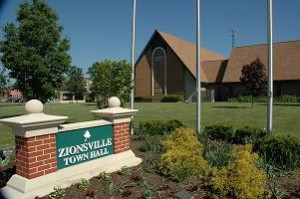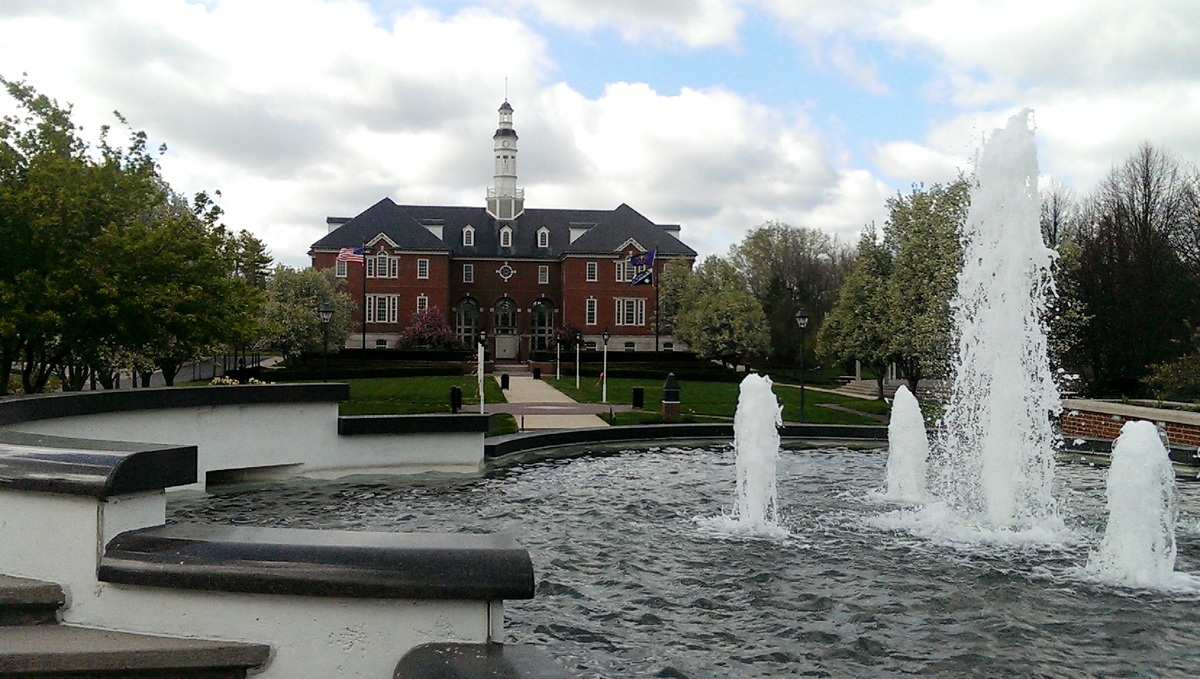By Adam Aasen
After the controversy surrounding the state’s Religious Freedom Restoration Act made national headlines, municipalities around Indiana have been deciding whether human rights ordinances are needed on the books. In July, Zionsville quietly passed a human rights ordinance, and now its neighbor to the east, Carmel, plans to vote on a similar ordinance at its Sept. 21 City Council meeting.
These ordinances aim to ban discrimination based on race, religion, gender, sexual orientation and other factors. Banning discrimination based on race or religion already exists in law, but protections weren’t previously available for gay or lesbian groups in many places.
Carmel’s proposed ordinance has attracted considerable media attention, both locally and nationally. On the other hand, Zionsville’s meeting quietly flew in under the radar, receiving only local coverage.
“I was somewhat surprised by the difference in attention,” Zionsville Town Council president Steve Mundy said. “From my knowledge, our councilors didn’t receive any negative input prior to the meeting. It was widely posted so it wasn’t a secretive meeting. It might be due to size since [Carmel is] a bigger city and would attract more attention from the media. But that’s merely a guess.”
Many cities already had such laws on the books, including Indianapolis, Bloomington, Evansville and South Bend. Other cities such as Martinsville, Whitestown, Terre Haute, Hammond and Muncie recently passed similar bans, whether in the form of city ordinances or executive orders. Details can vary from city to city. Opposition to such proposals has popped up in some places such as Elkhart and Goshen.
Carmel Mayor Jim Brainard said he’s watched other cities closely as Carmel refines its proposed ordinance.
“Carmel’s is simpler,” he said. “As opposed to setting up a board to deal with complaints, it’s easier to have it be the responsibility of the City Attorney’s Office to handle the investigation and make a decision.”
Mundy said using a city attorney wasn’t an option for Zionsville.
“We don’t have a city attorney or town attorney. We use a law firm to give us counsel when needed,” he said. “I can’t say whether I’d go that route or not, but it wasn’t even a real option for us.”
Zionsville’s town council created a non-discriminatory-practices review committee to consider discrimination complaints. This five-member board has the ability to fine violators of up to $1,250 per incident or refer cases to police if necessary. The board will hold its first meeting Sept. 14.
Indiana Gov. Mike Pence’s hometown of Columbus is also considering a similar anti-discrimination law. It received unanimous support from city councilors with a final vote expected in mid-September.
In Columbus, the city’s largest employer, Cummins, which manufactures engines, fuel systems and power generators, led the push for the proposed new law.
“Cummins has also reached out to us to say that it’s important,” Brainard said. “They have employees who live here. Plus, a lot of people see Carmel as leaders in the state and what we do here will be watched very closely by others, so it’s important that we pass this.”






